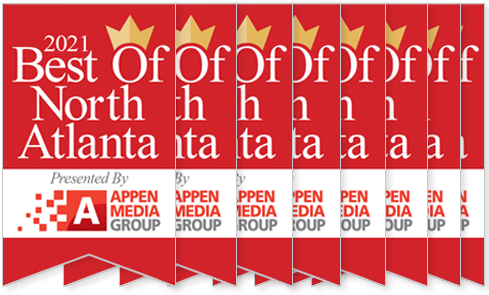For many years, email communication has been a cornerstone of business operations. For small
businesses looking to make a significant impact with their outbound emails, it’s crucial to
prioritize both deliverability and authenticity. As an email sender, you’ve always been told that it’s
important to follow email best practices in order to get the best results from your email program, but the implementation of these best practices isn’t always straightforward.
The highest priority for improved deliverability is to ensure that you’re properly authenticating your email messages. Otherwise, mail servers are taught to treat your mail as junk, to keep spamming in check. The three pillars of email authentication, or SPF, DKIM, and DMARC, can be hard to understand and execute.
Understanding SPF, DKIM, and DMARC
Sender Policy Framework (SPF):
SPF is an authentication protocol that lists IP addresses in a DNS TXT record that are authorized to send email on behalf of domains. By publishing SPF records in the Domain Name System
(DNS), small businesses can prevent spammers from using their domain for phishing or other
malicious activities.
DomainKeys Identified Mail (DKIM):
DKIM adds a digital signature to email messages, allowing the recipient to verify that the email
was actually sent and authorized by the domain owner. Think of it as an ID or passport that can
verify who you are. When you have sent from your email server, the server attaches DKIM so
the receiving server can verify you. This helps in preventing email spoofing and ensures the
integrity of the email content.
Domain-based Message Authentication, Reporting, and Conformance (DMARC):
DMARC builds on SPF and DKIM by providing a framework for email authentication and
policy enforcement. It helps domains address domain spoofing and phishing attacks by
preventing unauthorized use of the domain in the Friendly-From address of email messages.
Why Small Businesses Need SPF, DKIM, and DMARC:
Most email providers like Gmail and O365 use authentication mechanisms like SPF, DKIM, and DMARC to filter out potentially fraudulent emails. By implementing these protocols, small businesses can improve their email deliverability and ensure that their messages reach the intended recipients. This software also helps protect the brand reputation of small businesses by preventing cybercriminals from impersonating their domain. This is particularly important for businesses that rely on customer trust and loyalty.
Carmichael Consulting can help make sure your business uses these security features, guiding employees through the process, offering expertise, and ensuring ongoing protection against evolving email threats. We include all of the technical assistance for email deliverability for our clients as part of a managed services agreement.


